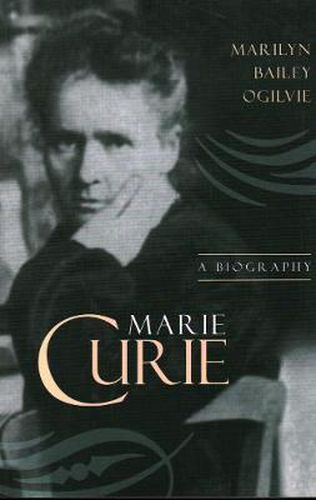Readings Newsletter
Become a Readings Member to make your shopping experience even easier.
Sign in or sign up for free!
You’re not far away from qualifying for FREE standard shipping within Australia
You’ve qualified for FREE standard shipping within Australia
The cart is loading…






This is an illuminating look at the life and legacy of one of the world’s most famous female scientists. Marie Curie (1867-1934) is arguably the world’s most famous female scientist. She made one of the most important theoretical breakthroughs of the 20th century when she postulated that radiation was an atomic rather than a chemical property. She coined the term radioactivity; isolated two new elements: polonium and radium; and, won two Nobel prizes: for physics in 1903, and then for chemistry in 1911. This informative, yet concise and accessible biography examines Curie not just as a dedicated scientist, but also as a complex woman with an often tumultuous personal life - from her formative years in Poland, through her marriage and collaboration with Pierre Curie, to her appointment as the first female professor at the Sorbonne University and the work that led to her recognition by the Nobel Prize committee.
$9.00 standard shipping within Australia
FREE standard shipping within Australia for orders over $100.00
Express & International shipping calculated at checkout
This is an illuminating look at the life and legacy of one of the world’s most famous female scientists. Marie Curie (1867-1934) is arguably the world’s most famous female scientist. She made one of the most important theoretical breakthroughs of the 20th century when she postulated that radiation was an atomic rather than a chemical property. She coined the term radioactivity; isolated two new elements: polonium and radium; and, won two Nobel prizes: for physics in 1903, and then for chemistry in 1911. This informative, yet concise and accessible biography examines Curie not just as a dedicated scientist, but also as a complex woman with an often tumultuous personal life - from her formative years in Poland, through her marriage and collaboration with Pierre Curie, to her appointment as the first female professor at the Sorbonne University and the work that led to her recognition by the Nobel Prize committee.